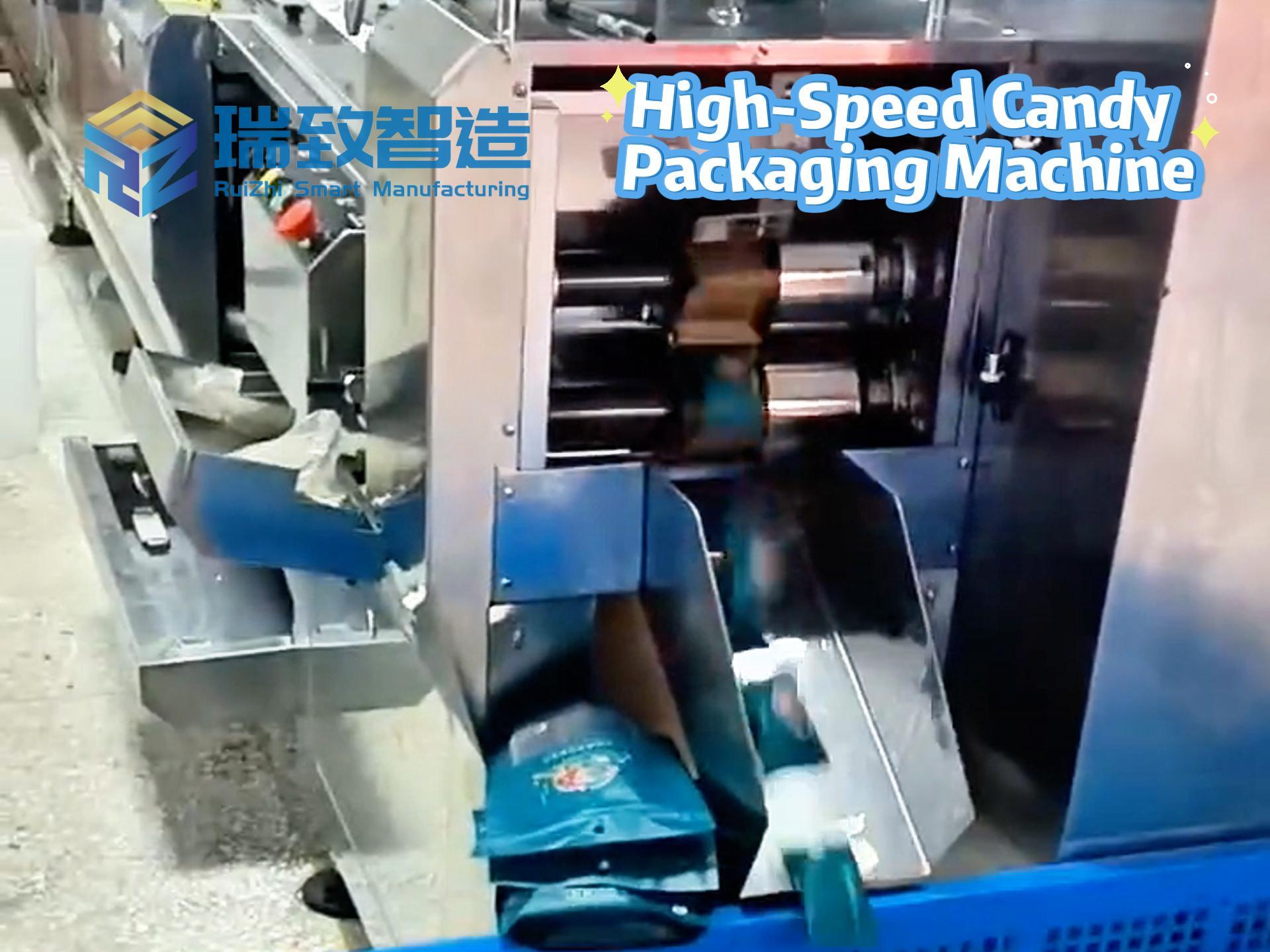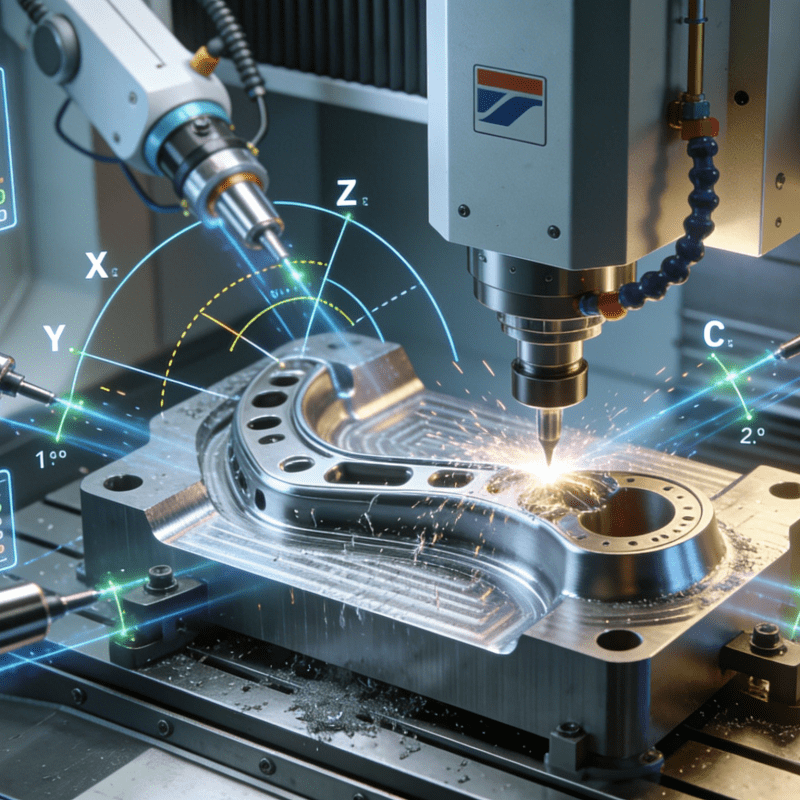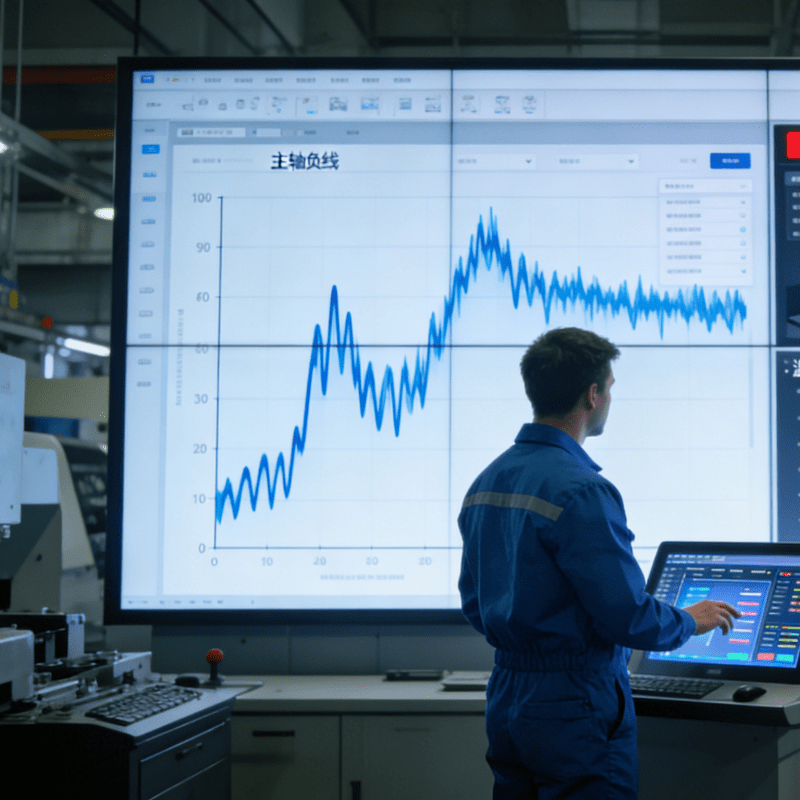Behind the Curtain: A white-collar bloodbath

In an era dominated by intelligent automation and rapid advancements in industrial automation, the relentless march of AI is poised to redefine the global workforce. Dario Amodei, CEO of Anthropic—a key player in the AI revolution—issues a stark warning: the rise of AI could trigger a “white-collar bloodbath,” wiping out half of all entry-level white-collar jobs and driving unemployment rates to 10-20% within one to five years. This isn’t just a tech forecast; it’s a clarion call about how intelligent automation and AI-driven automation equipment are reshaping industries, with profound implications for labor markets, economic stability, and societal equity.
Dario Amodei — CEO of Anthropic, one of the world’s most powerful creators of artificial intelligence — has a blunt, scary warning for the U.S. government and all of us:·AI could wipe out half of all entry-level white-collar jobs — and spike unemployment to 10-20% in the next one to five years, Amodei told us in an interview from his San Francisco office.·Amodei said AI companies and government need to stop “sugar-coating” what’s coming: the possible mass elimination of jobs across technology, finance, law, consulting and other white-collar professions, especially entry-level gigs.
The AI-Driven Disruption: Beyond Hype
Amodei’s alarm stems from the exponential growth of AI capabilities, particularly in intelligent automation tools like large language models (LLMs) and AI agents. These technologies are no longer confined to niche tasks; they’re penetrating every layer of white-collar work, from coding and legal document review to financial analysis and customer support. For instance, AI-powered automation equipment (e.g., agentic systems) can now draft contracts, analyze market trends, and even replicate mid-level engineering tasks with near-human accuracy—tasks that once formed the backbone of entry-level careers.
The speed of this disruption is unprecedented. While industrial automation historically transformed manufacturing over decades, AI is accelerating the elimination of cognitive jobs in a matter of years. As Amodei notes, “Most workers don’t realize that AI isn’t just augmenting their roles—it’s learning to replace them.” Companies like Meta, Microsoft, and CrowdStrike are already laying off thousands, citing AI-driven efficiency gains as a key factor.
The Hidden Risks of Unchecked Automation
A critical blind spot lies in the assumption that AI will merely “augment” human labor. While early applications focused on assisting workers (e.g., drafting emails, summarizing reports), the shift toward automation—where AI independently executes tasks—is happening rapidly. Anthropic’s own research shows that AI models are increasingly capable of complex, multi-step workflows, such as writing code, negotiating contracts, and even generating strategic business plans.
This transition poses unique challenges for industries reliant on industrial automation and intelligent automation alike. For example:
- Tech Sector: Mid-level coders could become obsolete as AI agents like Claude 4 generate functional code at scale. Meta’s Mark Zuckerberg predicts this could happen as early as 2025.
- Finance and Law: Entry-level analysts and paralegals face displacement as AI processes vast datasets, identifies legal patterns, and even drafts financial reports.
- Healthcare and Consulting: AI is already analyzing medical records and delivering diagnostic insights, threatening roles that rely on data interpretation.
The Societal Fallout: Inequality and Disruption
The repercussions extend beyond unemployment. Amodei warns of a “concentration of wealth” where AI-driven companies and investors profit immensely, while displaced workers—particularly those in entry-level roles—struggle to adapt. This aligns with broader trends in industrial automation, where technological advancement often benefits capital over labor.
Moreover, the erosion of entry-level jobs could dismantle the “career ladder” for young professionals, depriving them of foundational skills and economic mobility. As Steve Bannon notes, “The jobs that teach young people how to work—critical thinking, collaboration, problem-solving—are the ones at risk. This isn’t just an economic issue; it’s a societal crisis.”
Pathways to Mitigation: Steering the AI Train
Amodei emphasizes that while AI’s trajectory is inevitable, proactive measures can soften the blow:
- Transparent Communication: Governments and tech companies must publicly acknowledge the scale of disruption. Amodei’s Anthropic Economic Index aims to quantify AI’s impact on jobs, urging others to share data and foster informed debate.
- Upskilling and Reskilling: Redirecting industrial automationinvestments toward workforce training could help workers transition to roles that complement AI, such as AI oversight, ethical governance, and creative problem-solving.
- Policy Innovation: Concepts like a “token tax” (taxing AI usage to fund workforce transitions) or universal basic income (UBI) are gaining traction as ways to redistribute wealth generated by intelligent automation.
- Regulatory Frameworks: Governments must balance innovation with labor protections, ensuring AI deployment doesn’t exacerbate inequality. This includes mandates for human-AI collaboration in critical roles and safeguards against discriminatory algorithms.
The Bottom Line: A Fork in the Road
As automation equipment and AI-driven systems become integral to industrial automation and white-collar workflows, the choice is clear: adapt proactively or face chaotic disruption. Amodei stresses, “We can’t stop the train, but we can steer it. The time to act is now—before the bloodbath begins.”
The alternative is a future where intelligent automation widens societal divides, leaving millions behind. But with collective action—bridging tech innovation, policy, and empathy—it’s possible to build an economy where AI enhances human potential rather than replacing it. The curtain is rising on AI’s impact; how we respond will define the next era of work.




















